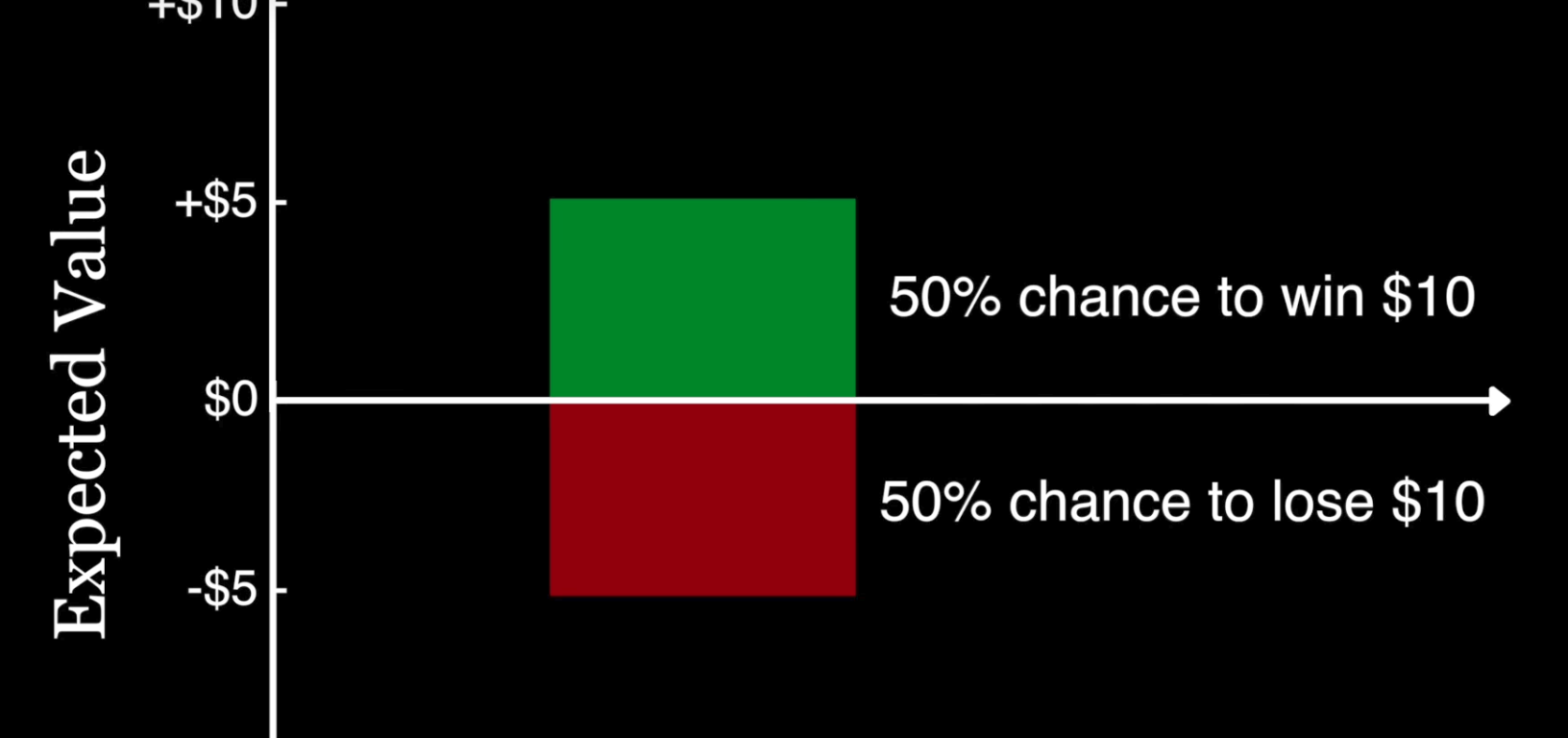Available for you
Loss aversion
Psychological literature shows that we are more sensitive to small losses and than small gains
In economics and decision theory, loss aversion refers to people's tendency to prefer avoiding losses to acquiring equivalent gains: it's better to not lose $5 than to find $5. Some studies have suggested that losses are twice as powerful, psychologically, as gains.Psychological literature shows that we are more sensitive to small losses and than small gains, with most people valuing a loss around 1.5-2.5 times as much as a gain. This means that we often turn down reasonable opportunities for fear of the loss. However, over the course of our lives, we will be exposed to many risks and opportunities and this invariably means that taking every small reasonable bet will leave us better off than saying no to all of them.
Item already added
plan of is already listed in your Cart!
Press Continue to replace the old plan.












